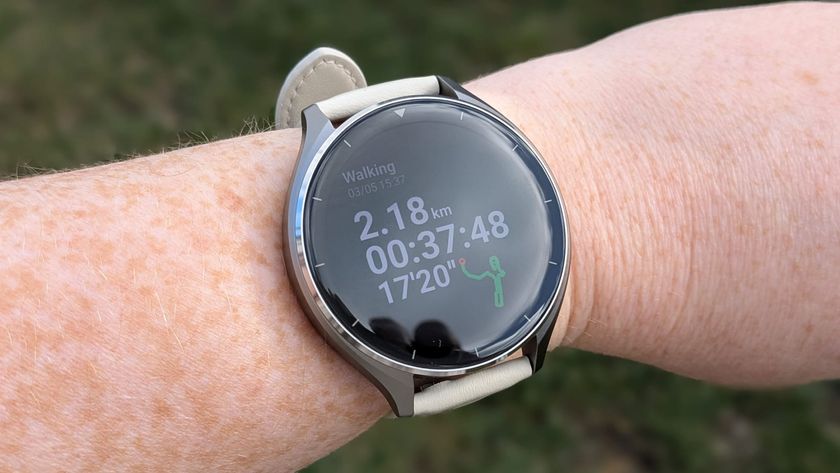Phelps Snags 19th Olympic Medal, Goes Down in History
With a gold medal for Americans in the 4x200 meter freesyle relay Tuesday night in London, swimmer Michael Phelps now has 19 Olympic medals, making him the most decorated Olympic athlete in history, according to news reports.
Phelps won his 18th medal earlier when he took a silver in the 200-meter butterfly event, losing out to South Africa's Chad le Clos. With the freestyle-relay medal, Phelps now has 15 gold, two silvers and two bronze medals. The former record-holder, Soviet gymnast Larisa Latynina, holds 18 Olympic medals, according to a Reuters news article.
Elite athletes like Phelps are the final product of decades of hard work, but for man it's their DNA that gives them all the right ingredients to succeed as an athlete. Swimming, for instance, comes down to speed, strength and sometimes endurance. For these factors, the ratio of fast-twitch to slow-twitch muscles, which are determined by genes, can make all the difference.
Whereas the average Joe has a pretty even split between fast- and slow-twitch muscle fibers, genetic tests have shown elite marathon runners have muscle fibers that are 80 percent to 90 percent of the slow-twitch variety, according to Bob Girandola, a kinesiologist at the University of Southern California, who spoke with our sister site Life's Little Mysteries.
Other ingredients of an elite athlete: Body type that's best for your sport (gymnasts tend to be short) to give the optimal center of gravity; the ability to ignore or just push through pain; and even different brain activity than the rest of us. For instance, research has found top athletes have more activity in the brain's insular cortex, which allows a person to process external information and generate a response. [What Are the Ingredients of an Olympian?]
Sign up for the Live Science daily newsletter now
Get the world’s most fascinating discoveries delivered straight to your inbox.












